pgvector (PostgreSQL Vector Extension)
You can use PostgreSQL and pgvector as your retriever implementation. Use the
following examples as a starting point and modify it to work with your database
schema.
pgvector is a PostgreSQL extension that adds vector similarity search capabilities to PostgreSQL databases. It provides efficient storage and querying of high-dimensional vectors, making it ideal for AI applications that need both relational and vector data in a single database.
Installation and Setup
Section titled “Installation and Setup”Install the required dependencies:
npm install postgres pgvectorSet up your PostgreSQL database with pgvector:
-- Enable the pgvector extensionCREATE EXTENSION IF NOT EXISTS vector;
-- Create a table for storing documents with embeddingsCREATE TABLE documents ( id SERIAL PRIMARY KEY, content TEXT NOT NULL, embedding vector(768), -- Adjust dimension based on your embedding model metadata JSONB, created_at TIMESTAMP DEFAULT NOW());
-- Create an index for efficient vector similarity searchCREATE INDEX ON documents USING ivfflat (embedding vector_cosine_ops) WITH (lists = 100);Here’s a complete example of creating a pgvector retriever:
import { genkit, z, Document } from 'genkit';import { googleAI } from '@genkit-ai/google-genai';import { toSql } from 'pgvector';import postgres from 'postgres';
const ai = genkit({ plugins: [googleAI()],});
const sql = postgres({ ssl: false, database: 'recaps' });
const QueryOptions = z.object({ show: z.string(), k: z.number().optional(),});
const sqlRetriever = ai.defineRetriever( { name: 'pgvector-myTable', configSchema: QueryOptions, }, async (input, options) => { const embedding = ( await ai.embed({ embedder: googleAI.embedder('gemini-embedding-001'), content: input, }) )[0].embedding; const results = await sql` SELECT episode_id, season_number, chunk as content FROM embeddings WHERE show_id = ${options.show} ORDER BY embedding <#> ${toSql(embedding)} LIMIT ${options.k ?? 3} `; return { documents: results.map((row) => { const { content, ...metadata } = row; return Document.fromText(content, metadata); }), }; },);And here’s how to use the retriever in a flow:
// Simple flow to use the sqlRetrieverexport const askQuestionsOnGoT = ai.defineFlow( { name: 'askQuestionsOnGoT', inputSchema: z.object({ question: z.string() }), outputSchema: z.object({ answer: z.string() }), }, async ({ question }) => { const docs = await ai.retrieve({ retriever: sqlRetriever, query: question, options: { show: 'Game of Thrones', }, }); console.log(docs);
// Continue with using retrieved docs // in RAG prompts. //...
// Return an answer (placeholder for actual implementation) return { answer: 'Answer would be generated here based on retrieved documents' }; },);You can use PostgreSQL and pgvector as your retriever implementation. Use the
following examples as a starting point and modify it to work with your database
schema.
pgvector is a PostgreSQL extension that adds vector similarity search capabilities to PostgreSQL databases. It provides efficient storage and querying of high-dimensional vectors, making it ideal for AI applications that need both relational and vector data in a single database.
Installation and Setup
Section titled “Installation and Setup”Install the required dependencies:
go get github.com/lib/pqgo get github.com/pgvector/pgvector-goSet up your PostgreSQL database with pgvector:
-- Enable the pgvector extensionCREATE EXTENSION IF NOT EXISTS vector;
-- Create a table for storing documents with embeddingsCREATE TABLE documents ( id SERIAL PRIMARY KEY, content TEXT NOT NULL, embedding vector(768), -- Adjust dimension based on your embedding model metadata JSONB, created_at TIMESTAMP DEFAULT NOW());
-- Create an index for efficient vector similarity searchCREATE INDEX ON documents USING ivfflat (embedding vector_cosine_ops) WITH (lists = 100);We use database/sql to connect to the Postgres server, but you may use another client library of your choice.
func defineRetriever(g *genkit.Genkit, db *sql.DB, embedder ai.Embedder) ai.Retriever { f := func(ctx context.Context, req *ai.RetrieverRequest) (*ai.RetrieverResponse, error) { eres, err := ai.Embed(ctx, embedder, ai.WithDocs(req.Query)) if err != nil { return nil, err } rows, err := db.QueryContext(ctx, ` SELECT episode_id, season_number, chunk as content FROM embeddings WHERE show_id = $1 ORDER BY embedding <#> $2 LIMIT 2`, req.Options, pgv.NewVector(eres.Embeddings[0].Embedding)) if err != nil { return nil, err } defer rows.Close()
res := &ai.RetrieverResponse{} for rows.Next() { var eid, sn int var content string if err := rows.Scan(&eid, &sn, &content); err != nil { return nil, err } meta := map[string]any{ "episode_id": eid, "season_number": sn, } doc := &ai.Document{ Content: []*ai.Part{ai.NewTextPart(content)}, Metadata: meta, } res.Documents = append(res.Documents, doc) } if err := rows.Err(); err != nil { return nil, err } return res, nil } return genkit.DefineRetriever(g, provider, "shows", f)}And here’s how to use the retriever in a flow:
retriever := defineRetriever(g, db, embedder)
type input struct { Question string Show string}
genkit.DefineFlow(g, "askQuestion", func(ctx context.Context, in input) (string, error) { res, err := ai.Retrieve(ctx, retriever, ai.WithConfig(in.Show), ai.WithTextDocs(in.Question)) if err != nil { return "", err } for _, doc := range res.Documents { fmt.Printf("%+v %q\n", doc.Metadata, doc.Content[0].Text) } // Use documents in RAG prompts. return "", nil})
